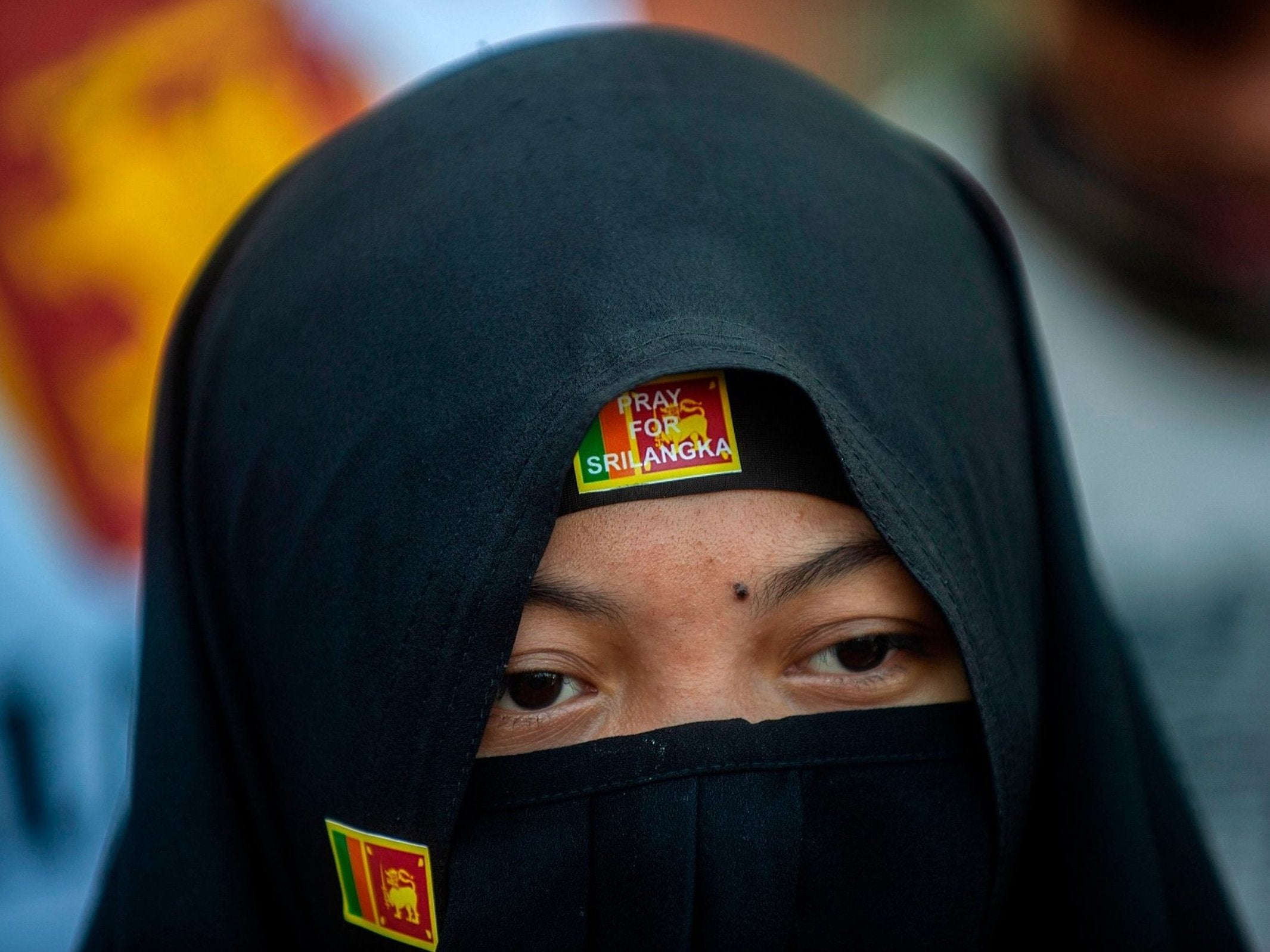Sri Lanka reimposes ban on social media as mosques attacked in worst unrest since Easter Sunday bombings
Several mosques and Muslim homes damaged in escalating violence

Your support helps us to tell the story
From reproductive rights to climate change to Big Tech, The Independent is on the ground when the story is developing. Whether it's investigating the financials of Elon Musk's pro-Trump PAC or producing our latest documentary, 'The A Word', which shines a light on the American women fighting for reproductive rights, we know how important it is to parse out the facts from the messaging.
At such a critical moment in US history, we need reporters on the ground. Your donation allows us to keep sending journalists to speak to both sides of the story.
The Independent is trusted by Americans across the entire political spectrum. And unlike many other quality news outlets, we choose not to lock Americans out of our reporting and analysis with paywalls. We believe quality journalism should be available to everyone, paid for by those who can afford it.
Your support makes all the difference.Sri Lanka has temporarily blocked some social media networks and messaging apps, including Facebook and WhatsApp, after attacks on mosques and Muslim-owned businesses in the worst unrest since Easter bombings by Islamist militants.
Several dozen people threw stones at mosques and Muslim-owned stores and a man was beaten in the Christian-majority town of Chilaw on the west coast over the weekend in a dispute that started on Facebook, sources told the Reuters news agency.
Authorities said they arrested the author of a Facebook post, identified as 38-year-old Abdul Hameed Mohamed Hasmar, whose online comment "1 day u will cry" people said was interpreted as threatening violence.
Authorities later arrested a group of men in the nearby Kurunegala district for allegedly attacking Muslim-owned businesses, a police source told Reuters.
Military spokesman Sumith Atapattu said people in the mostly Buddhist district then demanded the arrested men's release.
"To control the situation, a police curfew was imposed during the night," Mr Atapattu said.
Several mosques and Muslim homes were damaged in the attack in the district, the Muslim Council of Sri Lanka said, but the precise extent of damage and the number of arrests was not immediately clear.
The flare-up is the worst violence in the three weeks since Sri Lankan Islamist bombers blew themselves up in four hotels and three churches, killing more than 250 people.
Since then, Muslim groups say they have received dozens of complaints about people being harassed. Other communities say they fear the government, which failed to act on successive warnings about looming Islamist attacks, has not caught all potential militants.
Sri Lanka has used temporary bans on social media in a bid to deter misinformation and rumours.
"Social media blocked again as a temporary measure to maintain peace in the country," said Nalaka Kaluwewa, director general of the government information department.
On Twitter, Sri Lanka's leading mobile phone operator Dialog said it had also received instructions to block the apps Viber, IMO, Snapchat, Instagram and Youtube until further notice.
A violent clash between Muslims and Christians erupted a week ago in Negombo, killing more than 100 people during Easter prayers, after a traffic dispute.
The government also imposed a ban on social media after that clash.
Reuters
Join our commenting forum
Join thought-provoking conversations, follow other Independent readers and see their replies
Comments